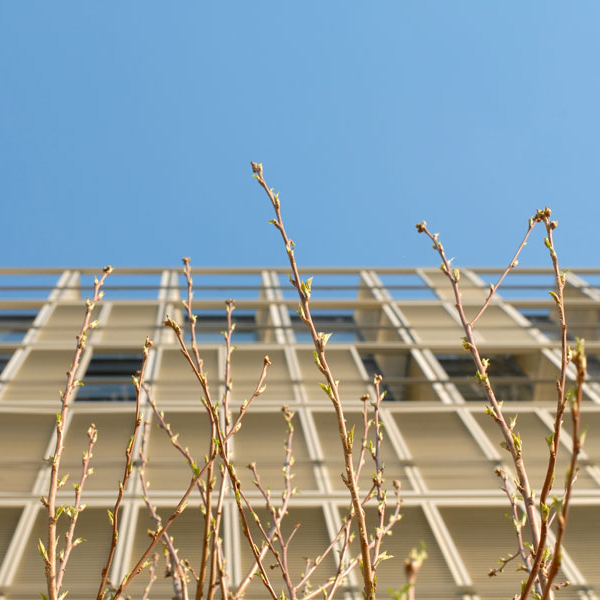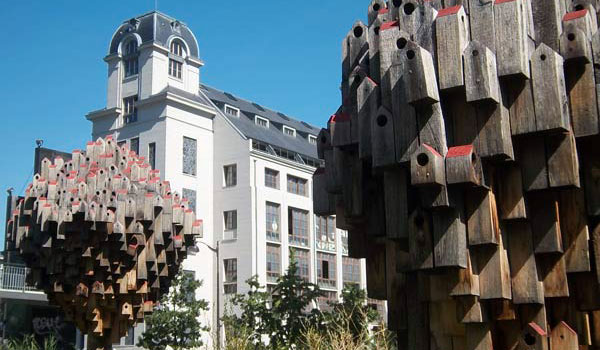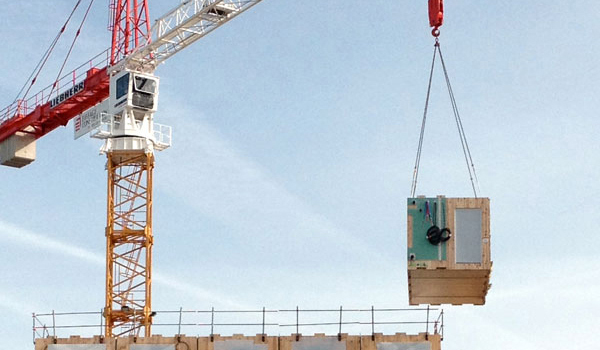
Curbing environmental impact and innovating to support the ecological transition

Reducing any impact on people and the environment while innovating to support the ecological transition are two factors of prime importance that permeate all decision-making at Eiffage Construction.
Shrinking the ecological footprint
Eiffage Construction was quick to understand the profound interplay between its activities and the environment, a position that confers greater responsibility upon the company and has led it to take action to shrink its ecological footprint.
The need to protect biodiversity and the natural surroundings is factored into every project from the outset. Eiffage undertakes numerous initiatives to limit its impact on the ground and in the air, notably by reducing waste and emissions.

Reducing consumption
Eiffage Construction prioritises the drive to curb its carbon footprint and reduce consumption of raw materials and non-renewable energy sources. The company aims to optimise its use of natural resources by limiting recourse to non-renewable energy.
Eiffage Construction is committed to growing a circular economy and seeks to reduce, reuse and recycle raw materials wherever possible.

Innovating to support the ecological transition
The ecological transition is a technological challenge for the construction industry. Eiffage is working with a range of stakeholders to push the envelope and explore all possible avenues in areas such as eco-innovation (timber-based construction and factory pre-assembled building modules), biomimicry and soft mobility solutions.
Eiffage initiatives like Phosphore, the company's sustainable urban development research programme, and Astainable, an urban design tool, are instrumental in shaping the city of the future.

Certification and clean worksites
Eiffage Construction holds an array of quality certifications that reflect part of its commitment to cleaner practices. Virtually all aspects of the business hold QSE, ISO 9001 (v2015), ISO 14001 (v2015) and ISO 45001 (v2018) certification. Eiffage worksites adhere to the same standards and qualify as eco-friendly under ISO 14001. All abide by the guidelines of a charter to ensure green, clean and low-pollution working practices.